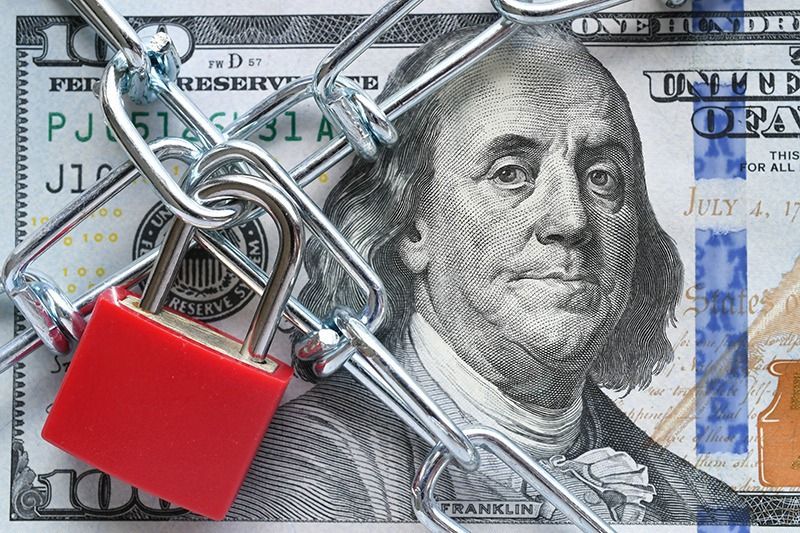What Happens to Bank Accounts When Someone Dies?

What Happens to Bank Accounts When Someone Dies?
When someone dies, their bank accounts can go to beneficiaries, joint account holders, or become part of their estate, depending on the account type and how it was set up.
· If a beneficiary is named (e.g., on a payable-on-death, or POD, account), the money goes directly to them after the bank receives a death certificate.
· If there's no beneficiary, the account typically becomes part of the deceased's estate and is subject to probate, where a will (if there is one) dictates distribution or, if there is no will, state law determines how it's divided.
Here's a more detailed breakdown:
1. Joint Accounts: If the account has a joint owner, the surviving owner usually retains ownership of the funds.
2. Accounts with Beneficiaries: When a beneficiary is named (e.g., on a POD account or for retirement accounts), they can claim the funds by providing the bank with a death certificate and other required documentation.
3. Accounts without Beneficiaries: If there's no joint owner or beneficiary, the account becomes part of the deceased's estate.
4. Probate: The deceased's will, if one exists, will guide how the estate (including bank accounts) is distributed. If there is no will, state laws of intestacy will determine how the estate is divided, usually among surviving spouse and children.
5. Probate involves gathering assets, paying debts and taxes, and distributing the remaining assets to the appropriate beneficiaries or heirs.
6. 5. Important Notes: Banks may freeze accounts upon notification of death to verify the proper transfer of funds.
The time it takes to resolve the transfer of funds can vary, especially if probate is involved.
Having a will and naming beneficiaries can simplify the process for loved ones after death. Give Meyerson Law a call for more information 678-892-5910




